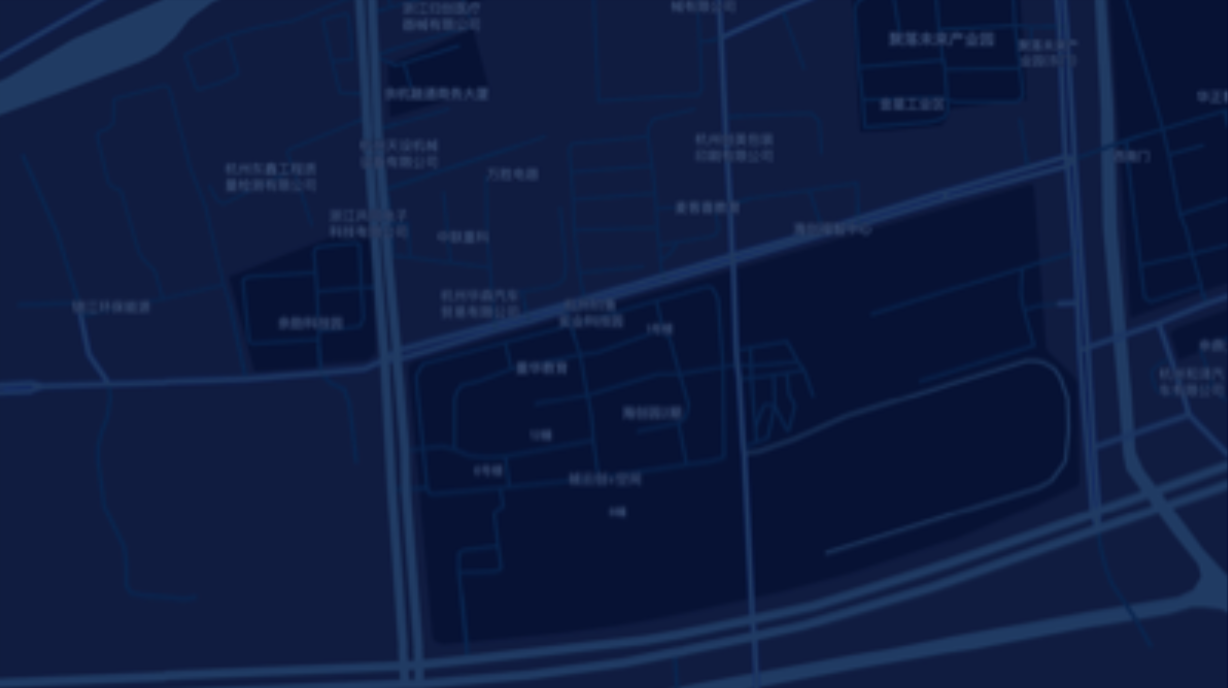

The "AI-Empowered Astronomy for Open Science" conference was held on April 7-9, 2025 at Zhejiang Lab (ZJ Lab). Under the framework of UNESCO's International Decade of Sciences for Sustainable Development (2024-2033) (IDSSD), this conference was jointly hosted by the National Astronomical Observatories of the Chinese Academy of Sciences (NAOC) and ZJ Lab in response to the IDSSD initiative. It would discuss astronomical research in the era of artificial intelligence (AI) and how to promote open science.
Over 240 experts, scholars and young researchers in astronomy from 22 countries and regions such as Spain, South Africa, India, the United Kingdom, Russia, Chile and Brazil attended the conference online and offline, including more than 20 directors of astronomical observatories from different countries and representatives of astronomy departments of 23 universities in China.
The conference started with video speeches by WANG Zhenyu, Deputy Director-General of the Bureau of International Cooperation of the Chinese Academy of Sciences, and HU Shaofeng, Director of the Division of Science Policy and Basic Sciences in UNESCO's Natural Sciences Sector. They stressed the importance of open science and international collaboration, and expressed hopes for the parties to share their visions and conduct collaborative research that propels scientific progress and sustainable development.
"AI-Driven Globally Distributed Telescope Arrays", "The Role of AI in Current and Future Astronomy", "Shareable Digital Infrastructure and Related Resources in International Collaboration", "AI-Empowered Outreach and Education Relevant Talks"... These diverse topics sparked conversations across different perspectives and nearly 70 presentations were delivered, providing recent insights into global astronomical research in the era of AI. The cutting-edge conversations mainly focus on two keywords: AI-empowered astronomical research + open science.At the keynote session, WANG Jian, Academician of the Chinese Academy of Engineering (CAE) and President of ZJ Lab, delivered a speech titled "Computing and AI: Paradigm Shift of Science, Technology and Engineering", stating that computing and AI have brought about profound changes in innovation. By reviewing the significant milestones in the history of AI, and based on the current trends in scientific and technological (S&T) innovation, WANG Jian said that we have entered the era of the Third Paradigm that is synergy of compute intensive, data-driven and model integrated, also called computing-driven scientific revolution. He took GeoGPT, a geoscience model developed by ZJ Lab, as an example to illustrate the Lab's efforts in creating S&T public goods to empower geoscience research and promote open science. He also voiced hope for closer cooperation with other parties involved in astronomy so as to expand the boundaries of innovation with computing and AI.
At this conference, LIU Jifeng, Director-General of NAOC, introduced the Global Open Transient Telescope Array (GOTTA), which will deploy a network of over 100 1-meter wide-angle optical telescopes around the world to capture extreme cosmic phenomena like supernovae and gamma-ray bursts in an early stage through hour-cadence high-frequency sky surveys, so as to reveal the nature of spacetime and the laws of evolution of the universe in strong gravitational fields. The GOTTA project will also promote cross-disciplinary integration of AI, big data and distributed computing to build a standardized system for the sharing of data, algorithms and models. At present, the project has been endorsed by the IDSSD initiative, supported by NAOC and ZJ Lab, and established collaborations with research institutions from South Africa, Spain and other countries. At this event, the project signed a letter of intent on cooperation with the South African Astronomical Observatory and the Brazilian National Astrophysics Laboratory. More partners worldwide are welcome to take part in and drive the project through software development, data mirroring, follow-up observation and analysis.
AstroOne, a foundation model for astronomy jointly developed by ZJ Lab and NAOC, was open to astronomers worldwide during the conference. AstroOne leverages astronomical knowledge to perform complex scientific reasoning and data analysis tasks. It also enables coordinated telescope observation through its embodied AI system.
Furthermore, the conference featured a showcase of astronomical models, including SpecCLIP (a foundation model for stellar spectroscopy), FALCO (a foundation model of astronomical light curves for time domain astronomy), StarWhisper (an open-source foundation model for astronomy), and "Jinwu" (a solar foundation model), which were developed by domestic research teams, demonstrating our AI-empowered astronomical research and efforts in making astronomy outreach and education equitable.
LUO Ali, a research fellow at NAOC, and QUAN Donghui, a research fellow at ZJ Lab, introduced the White Paper on AI-Empowered Astronomy for Open Science and the Open Astronomy Program at the conference. The White Paper systematically elaborates on the core role of AI in modern astronomy, provides a comprehensive framework for building a global open science ecosystem, and meanwhile promotes the equitable sharing of scientific resources and global collaboration. The paper proposes the following three AI-empowered astronomical research directions: leveraging intelligent computing to investigate the origin and evolution of the Milky Way; opening new radio windows to study the dynamic universe via intelligent computing; and exploring cosmic origins and galactic evolution with intelligent computing. It also calls for joint contribution and shared benefits in terms of astronomical data, models and facilities, and for an open astronomy program to strengthen international cooperation. Additionally, the White Paper advocates for the establishment of mechanisms for protecting dark skies and the formulation of international dark-sky preservation standards in cooperation with UNESCO.
"Astronomy is a wonderful area to inspire creativity and innovation; it's also a special subject that requires a concerted effort towards problem solving. I hope for future cooperation with ZJ Lab on research in this field," said John Baruch, a professor at Leeds Beckett University.











